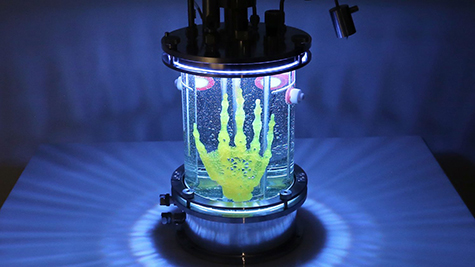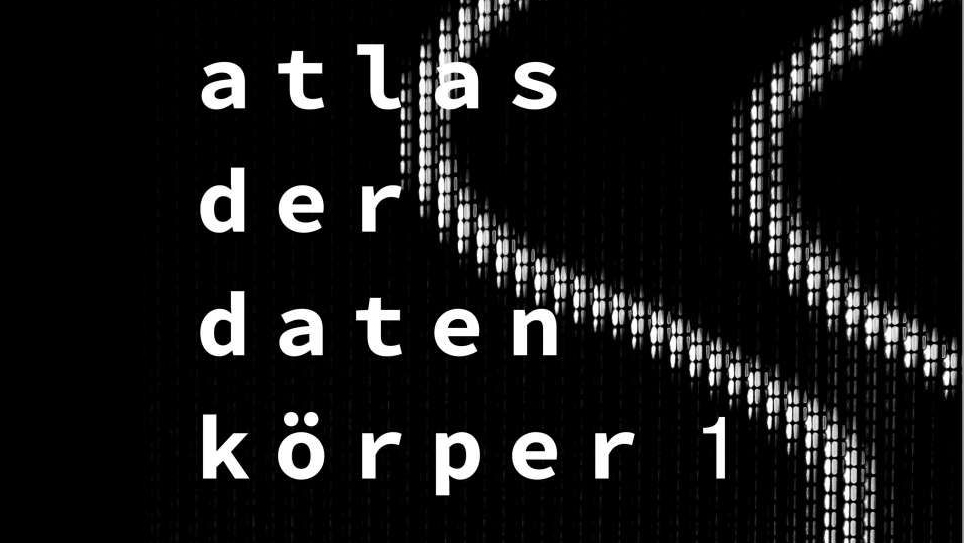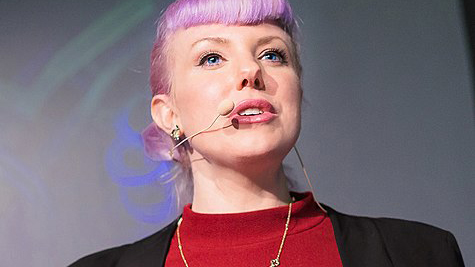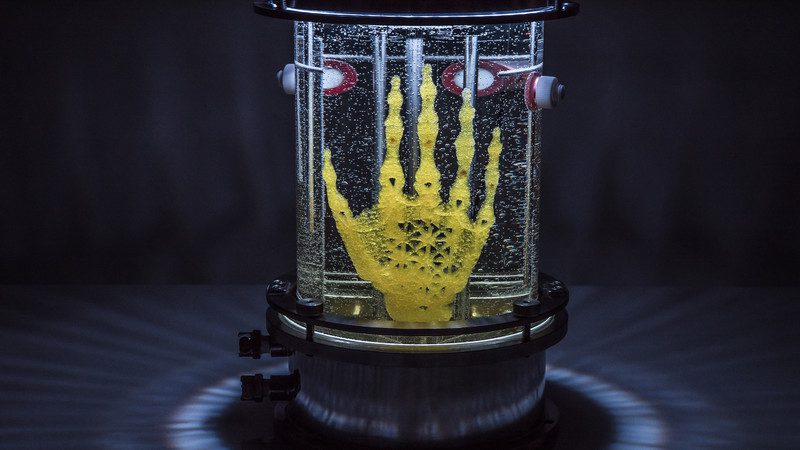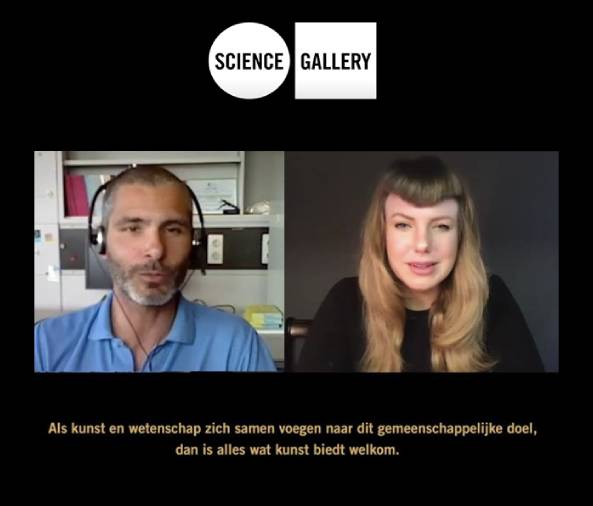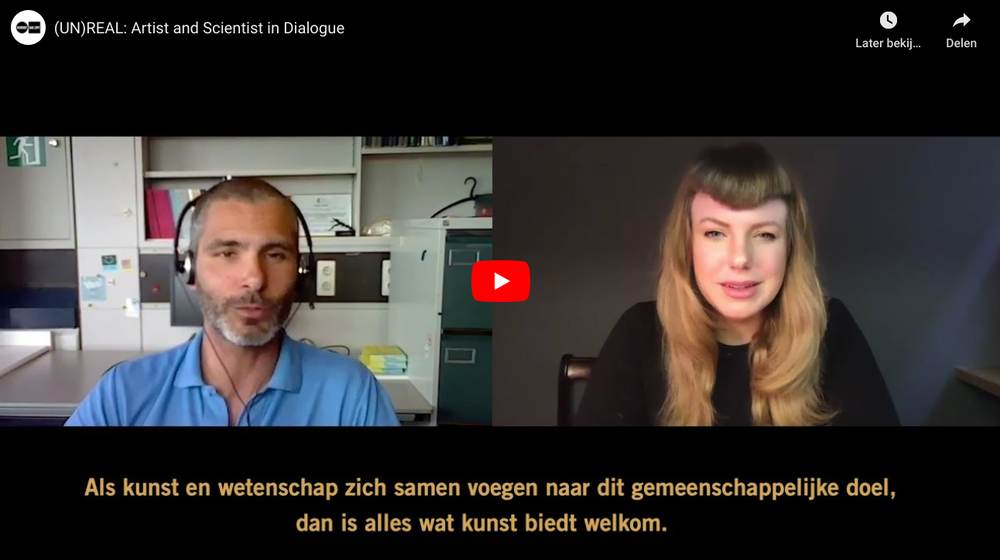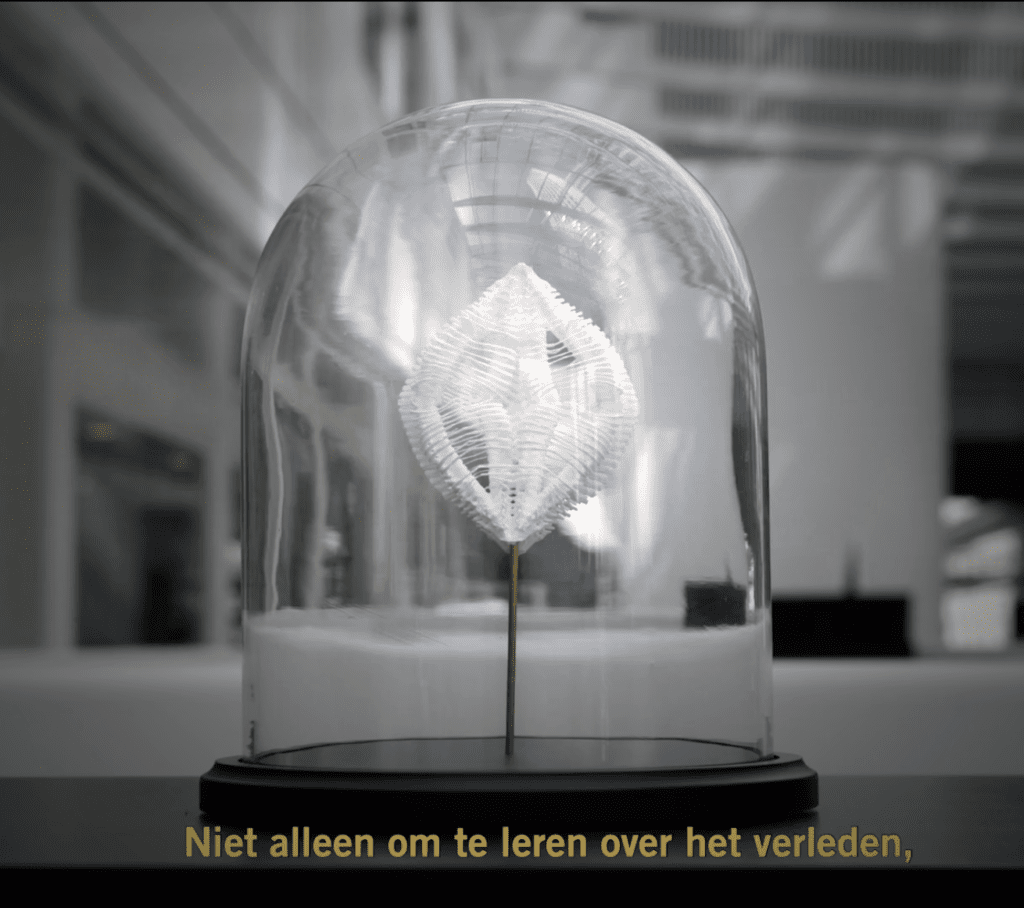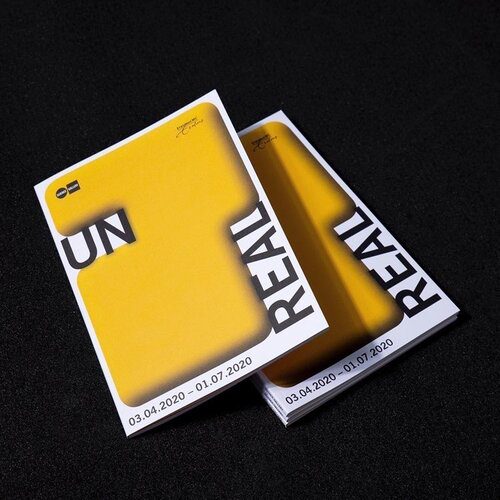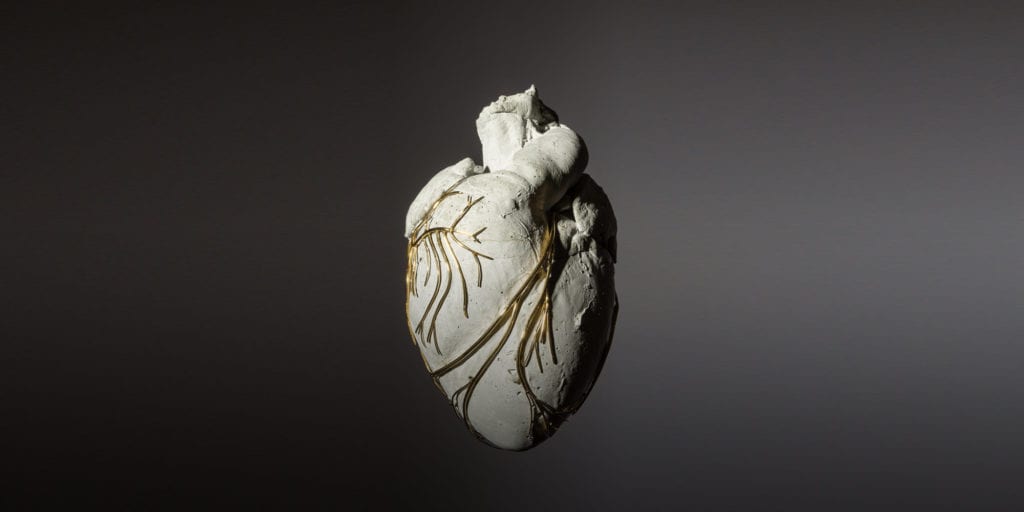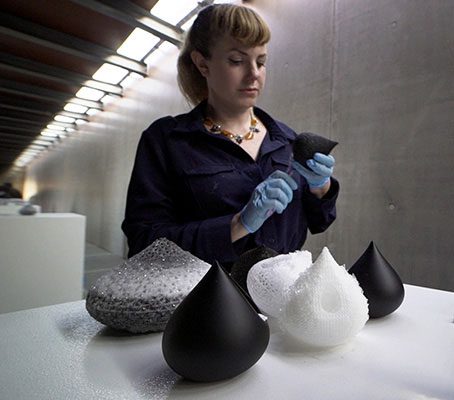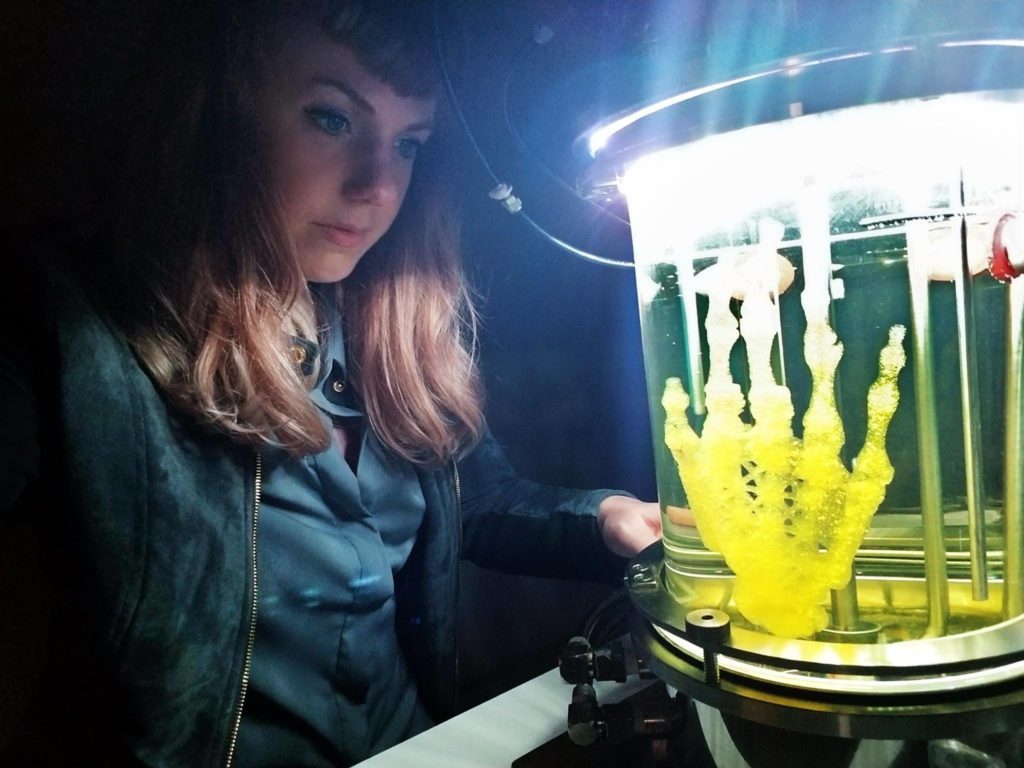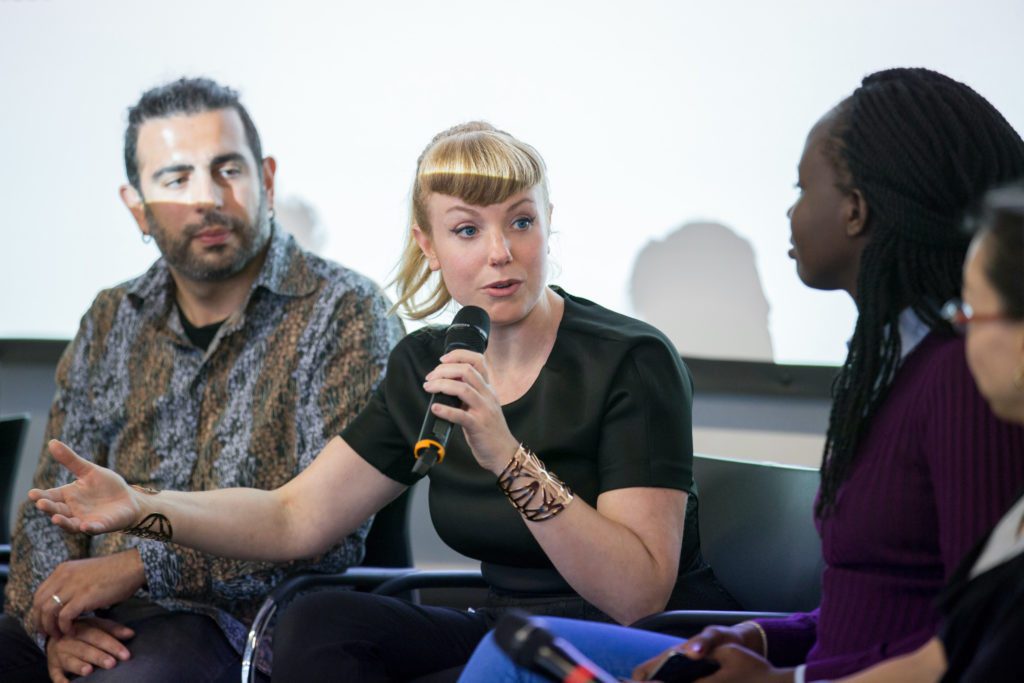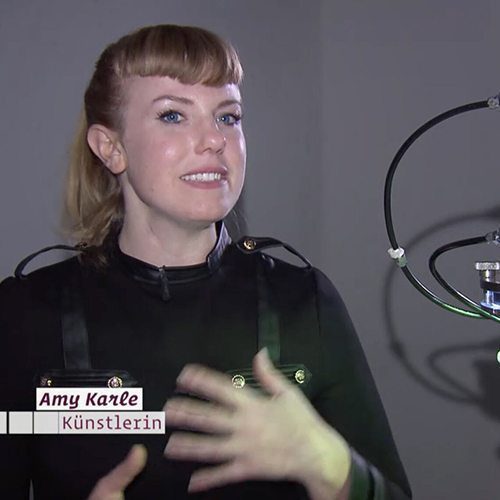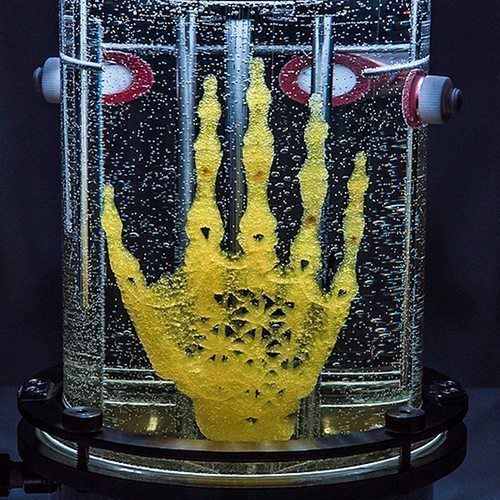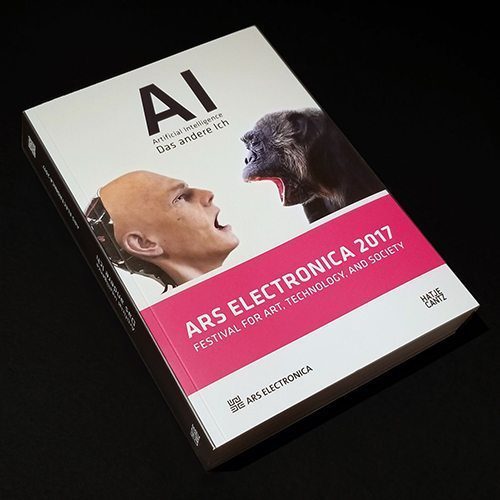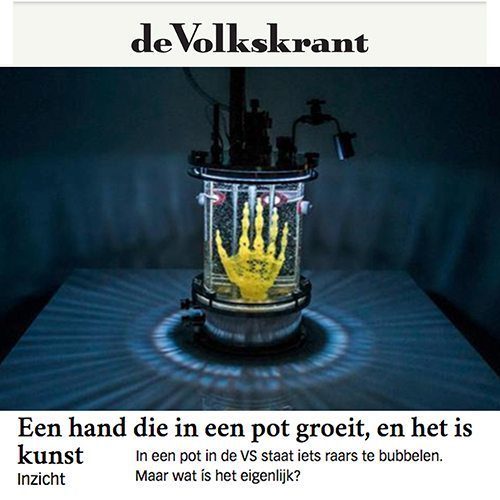Das Künstlerbuch als multimediale Enzyklopädie: Visuelle Schnittstellen in Buchprojekten aus Kunst und Wissenschaft
Marlene Barts Buch untersucht die Verbindungen zwischen Künstlerbüchern und Enzyklopädien, wobei sie die Naturgeschichte als gemeinsamen Bezugspunkt wählt. Amy Karles innovative Arbeiten werden als herausragendes Beispiel für die Verschmelzung von Technologie, Kunst und Naturgeschichte hervorgehoben. Karle integriert digitale, biologische und physische Systeme, um die Grenzen der Wissensvermittlung zu erweitern. Das Buch betont, wie ihre transdisziplinäre Herangehensweise an das Sammeln und Organisieren von Daten traditionelle Ordnungssysteme herausfordert und neue Möglichkeiten für die Entwicklung virtueller Räume und das Wissen im digitalen Zeitalter aufzeigt.


